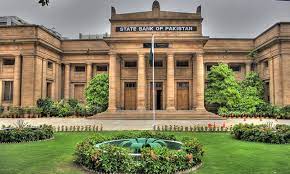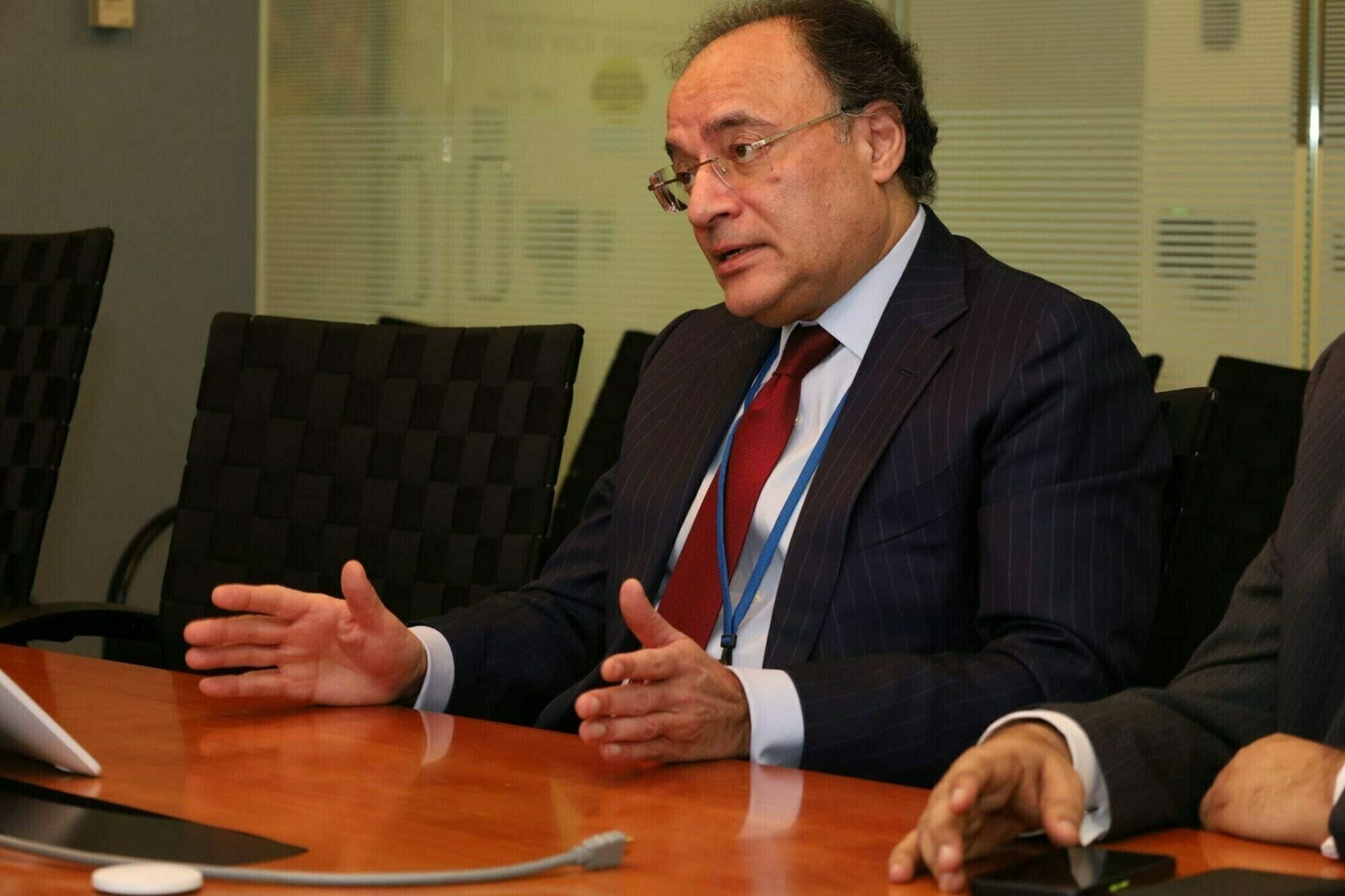Finance Minister Muhammad Aurangzeb on Monday commended the State Bank of Pakistan (SBP) and commercial banks for their significant achievements in enhancing SME and agricultural financing during fiscal year 2024-25 (FY25). The minister highlighted a remarkable 41% growth in SME financing and a notable 15% increase in agricultural credit, calling the development a step forward in supporting Pakistan’s inclusive and sustainable economic growth.
Addressing a meeting of CEOs and presidents of banks at the SBP head office in Karachi, the finance minister expressed appreciation for the collective efforts that have contributed to achieving macroeconomic stability and boosting priority sector lending.
The meeting was co-chaired by SBP Governor Jameel Ahmad and attended by Pakistan Banks Association (PBA) Chairman Zafar Masood, along with senior officials from the Ministry of Finance and the SBP.
According to a statement issued by Khurram Schehzad, Advisor to the Finance Minister, the meeting focused on evaluating the performance of banks in financing priority sectors such as Small and Medium Enterprises (SMEs) and agriculture, as well as digitization of financial services.
Finance Minister Aurangzeb acknowledged that macroeconomic stability was achieved through a series of difficult yet necessary decisions, backed by collaborative efforts of stakeholders including the SBP and commercial banks. He reiterated the government’s commitment to fostering inclusive growth, noting that SMEs and the agriculture sector are crucial for reaching this goal.
“The government is pursuing sustainable and inclusive economic growth. The role of SMEs and agriculture is pivotal, and banks must work with renewed spirit to increase their outreach to underserved and marginalized segments, especially through digital channels,” he said.
SBP Governor Jameel Ahmad, in his welcome address, appreciated the finance minister for his continued support in promoting priority sector financing. He particularly acknowledged recent policy initiatives such as risk coverage schemes for SMEs and agricultural finance, which have made it easier for banks to lend to riskier but high-impact sectors.
While noting the positive trends in FY25, the governor urged banks to aggressively expand their exposure to SMEs and agriculture, especially given the incentive structures and policy support already in place from the government and SBP.
SBP Deputy Governor Saleemullah gave a detailed presentation on the progress made in priority sector financing. According to the SBP:
- Agricultural credit disbursement reached Rs2,535 billion, a 14% increase over FY24.
- The outstanding agri credit portfolio rose by 12% to Rs981 billion.
- The number of agri borrowers climbed to 2.95 million, an increase of 9%.
On the SME front:
- Outstanding SME financing surged to Rs692 billion, reflecting an unprecedented 41% growth.
- The number of SME borrowers increased by 55%, reaching 272,600 by the end of FY25.
These figures represent a historic achievement in both sectors, indicating a significant shift in the banking sector’s approach toward inclusive financing.
Pakistan Banks Association Chairman Zafar Masood praised the SBP and the Ministry of Finance for their consistent support of the banking industry, especially in encouraging priority sector financing and developing a digitized financial ecosystem.
On behalf of the entire banking sector, he pledged continued cooperation in FY26, promising to expand SME and agriculture financing at an accelerated pace. The banking industry, he said, is ready to align with the government’s economic revival agenda and increase financial inclusion across the country.
One of the key themes highlighted during the meeting was the role of digital banking solutions in improving access to finance, particularly in remote and underserved regions. With the rapid expansion of mobile and internet penetration in Pakistan, digital tools are seen as essential in scaling priority sector lending without heavy physical infrastructure investment.
Finance Minister Aurangzeb stressed that banks must leverage technology to reach small farmers, women entrepreneurs, and youth-led startups, who often face barriers in accessing traditional financial services.
The Finance Minister concluded the session by reinforcing the importance of policy continuity, risk-sharing mechanisms, and data-driven decision-making in maintaining momentum in priority sector development. He called for continued collaboration between public and private sector institutions, including regulators, commercial banks, and development finance institutions.
The significant growth in SME and agricultural lending during FY25 is a testament to the strength of Pakistan’s evolving financial ecosystem. With macroeconomic stability restored, and policies in place to support further inclusive growth, the government and banking sector are poised to continue expanding their support for the real economy.
As Pakistan prepares for FY26, all eyes will be on whether these gains can be sustained and further deepened, particularly through targeted financing, risk management schemes, and technology-driven outreach.



